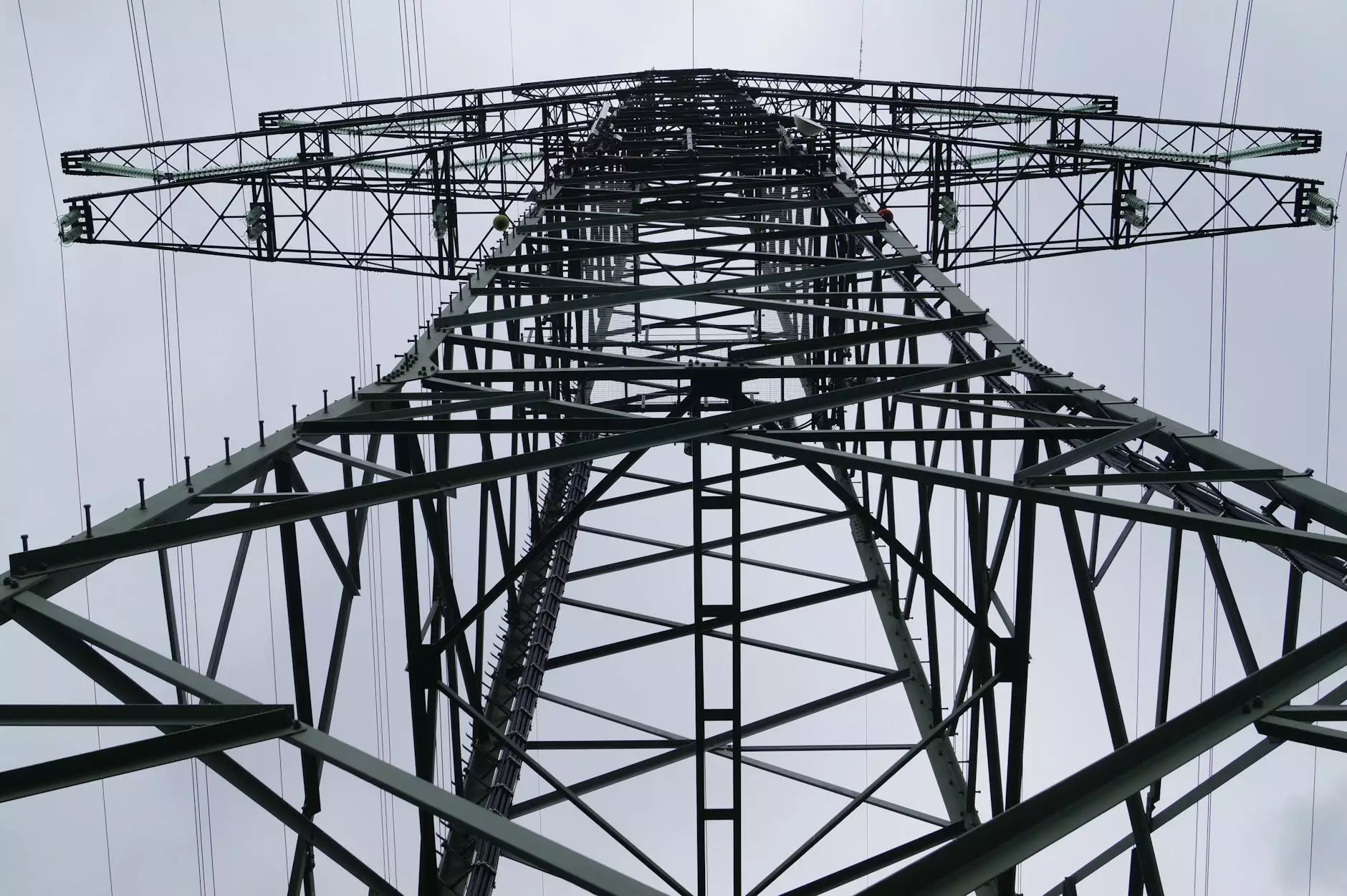The Importance of Refrigeration Equipment in Modern Business

In the fast-paced world of business, particularly in industries such as food and pharmaceuticals, the need for reliable and efficient refrigeration equipment cannot be overstated. With the growing focus on sustainability and efficiency, businesses are increasingly seeking innovative solutions that not only preserve their products but also enhance their operational capabilities. This is where companies like First Cold Chain come into play, offering advanced refrigeration solutions tailored to various industries.
Understanding Refrigeration Equipment
Refrigeration equipment includes a wide range of technologies designed to maintain low temperatures for the preservation of perishable goods. This equipment is essential for:
- Food Safety: Keeping food items at safe temperatures to prevent spoilage and foodborne illnesses.
- Product Quality: Ensuring that products like pharmaceuticals and cosmetics maintain their efficacy over time.
- Supply Chain Efficiency: Preventing waste and improving logistical operations.
The Role of Refrigeration in Business Operations
The role of refrigeration equipment in business operations goes beyond mere preservation. It encompasses various aspects that contribute to the overall productivity and sustainability of a business:
1. Enhancing Product Shelf Life
Businesses in the food and beverage industry benefit immensely from advanced refrigeration technologies. By investing in high-quality refrigeration equipment, companies can:
- Prolong the shelf life of perishable items, reducing waste.
- Maintain optimal temperatures to preserve the taste and quality of products.
- Ensure compliance with health regulations and safety standards.
2. Improving Energy Efficiency
Modern refrigeration systems are designed with energy efficiency in mind. Investment in the latest equipment can lead to significant savings in energy costs. For instance:
- Energy-efficient models use less electricity, which is not only cost-effective but also environmentally friendly.
- Advanced controls and monitoring systems optimize energy usage, reducing operational costs.
3. Supporting Sustainable Practices
With the global emphasis on sustainability, businesses are increasingly integrating eco-friendly practices into their operations. Refrigeration plays a crucial role in this transition:
- Choosing refrigerants with low global warming potential.
- Implementing systems that use renewable energy sources, like solar or wind power.
- Improving overall energy management and reducing carbon footprints.
Types of Refrigeration Equipment
As we delve into refrigeration equipment, it’s crucial to understand the various types available to businesses:
1. Walk-in Coolers and Freezers
These units are essential for businesses requiring bulk storage of refrigerated or frozen goods. They provide:
- Flexible storage options.
- Efficient organization of perishable items.
- Easy accessibility for staff, enhancing operational efficiency.
2. Display Refrigeration
Used primarily in retail environments, display refrigeration units are designed to attractively showcase products while maintaining their quality. Key features include:
- Enhanced visibility of products for customers.
- Energy-efficient models that reduce operational costs.
- Temperature controls to ensure optimal conditions for various products.
3. Commercial Refrigerators and Freezers
These units are vital for restaurants, supermarkets, and other food-service businesses. They offer:
- Reliable refrigeration for daily operations.
- Compact designs to fit into limited spaces.
- Durability to withstand heavy use in commercial environments.
Investing in Quality Refrigeration Equipment
When considering refrigeration equipment, it is crucial for businesses to focus on quality. Here’s why investing in high-quality refrigeration equipment is essential:
1. Reliability
Quality refrigeration systems are built to last. Companies like First Cold Chain provide equipment that can withstand operational demands, ensuring that your products remain safe and fresh at all times.
2. Cost-Effectiveness
While it may seem tempting to opt for cheaper options, investing in quality can lead to savings in the long run due to fewer repairs, lower energy costs, and reduced waste. Consider:
- Longer lifespans of high-quality systems.
- Lower incidence of breakdowns and repairs.
- Enhanced energy efficiency contributing to monthly savings.
3. Enhanced Customer Satisfaction
Ultimately, the quality of your refrigeration equipment can impact customer satisfaction. When products are maintained at their best, customers will appreciate:
- Better quality and freshness of food.
- Consistent availability of items at retail locations.
- Confidence in the safety and standards of products purchased.
Choosing the Right Refrigeration Equipment for Your Business
Selecting the right refrigeration equipment involves various considerations:
1. Assess Your Needs
Evaluate the specific requirements of your business, such as:
- The type of products you need to store.
- The volume of inventory.
- Space limitations in your facility.
2. Research Suppliers
Not all refrigeration equipment is created equal. Do thorough research to identify suppliers that offer:Quality products, excellent customer service, and warranty options.
3. Evaluate Energy Efficiency
Check the energy ratings of the refrigeration units to ensure they will contribute to your business's sustainability goals.
The Future of Refrigeration Equipment
The future of refrigeration in business holds exciting prospects. Innovations are continually emerging, reshaping the landscape:
1. Smart Refrigeration Solutions
Integration of IoT technology allows businesses to monitor and control refrigeration units remotely. Benefits include:
- Real-time data on temperature and humidity levels.
- Immediate alerts for temperature deviations.
- Data analytics for improved operational decisions.
2. Sustainable Refrigeration Technologies
As awareness grows regarding environmental impact, the demand for robust sustainable refrigeration solutions rises:
- Use of alternative refrigerants that minimize environmental impacts.
- Implementation of energy recovery systems.
- Investments in renewable energy-powered refrigeration systems.
Conclusion
In conclusion, the significance of refrigeration equipment in modern business cannot be underestimated. Investing in high-quality, energy-efficient systems is essential for ensuring product safety, enhancing operational efficiency, and meeting sustainability goals. Companies such as First Cold Chain play a pivotal role in providing state-of-the-art refrigeration solutions tailored to various industries. As businesses continue to evolve and adapt to new challenges, the role of refrigeration will only grow in importance, making it vital for organizations to stay ahead with the best technology available.
https://www.first-coldchain.com/








